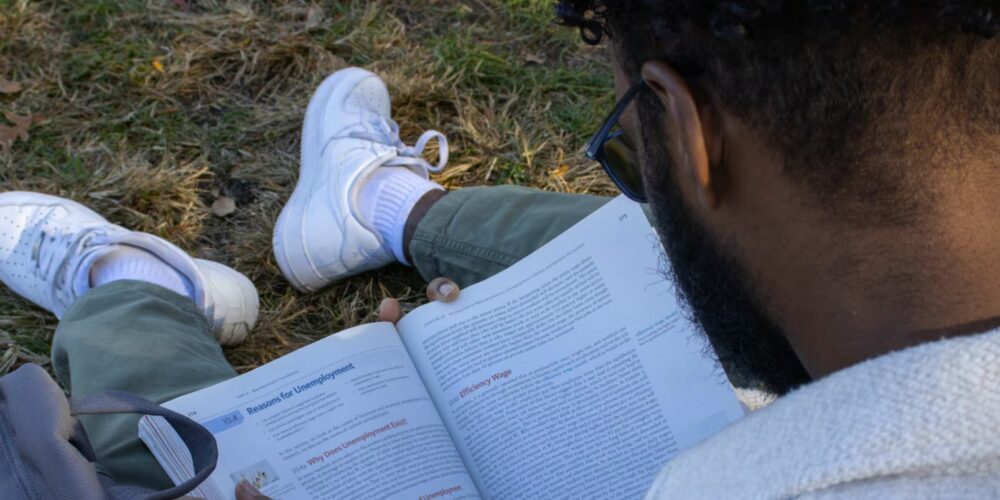Families left in dark about impact of alternate assessment track on students with disabilities

Chalkbeat NY | Special education advocates say the systemic failures continue to jeopardize the futures of students. Last school year, 6,116 New York City students took the New York State Alternate Assessment, according to state data. Federal law requires that states offer such assessments for students with disabilities who are incapable of taking state tests. Importantly, it also states that only “students with the most significant cognitive disabilities” can take the alternate assessment, and that schools must fully inform parents of the potential ramifications. (State education departments are responsible for ensuring compliance with these mandates.)
Too often, however, those standards are neither maintained nor enforced, special education advocates, teachers, and families told Chalkbeat. Instead, factors like under-resourcing, nebulous procedures, and a failure to equip parents to make fully informed decisions have led schools to place some students without significant cognitive disabilities on a non-grade-level, non-diploma track. Students who take alternate assessments are typically placed in non-inclusive, low-rigor settings, which can deprive them of academic and socialization opportunities.
Special education advocates and families say more must be done. School officials sometimes change the graduation track of children with mild intellectual disabilities or disruptive behaviors when they don’t have the will or means to try other options, said Juliet Eisenstein, a special education attorney and former assistant director of the Postsecondary Readiness Project at Advocates for Children of New York.
“It’s just a box that’s checked and not really talked about, because it’s an easier solution than figuring out a program that fits this more complex student profile,” she said.